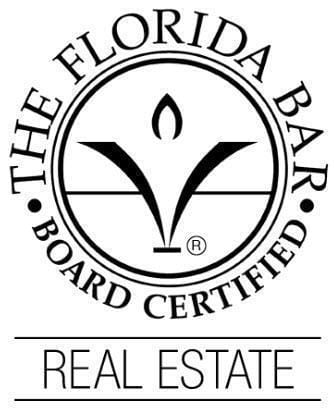Commercial leases can be beneficial for all parties. The owner of the building can receive a regular income and the tenant can build their business on the premises.
Nonetheless, commercial leases are only as effective as their terms and clauses. What should a commercial lease include?
Rent costs
Both landlord and tenant need to understand the rent costs involved in the lease. This includes how much should be paid each week or month. Additionally, both parties should be fully aware of when the rent may be increased and for what reasons.
The use of the property
How the property can be used should also be specified in the lease. If there are outbuildings, car parks and other pieces of land, the use of these should also be clarified in the lease.
It’s possible that the landlord also does not want certain business practices to occur on the land. For instance, commercial activities that emit a lot of noise pollution might be prohibited. This should all be specified in the lease document.
Who is responsible for maintenance and repairs?
The building may require routine maintenance. The tenant may also wish to make modifications to the building. The lease should state who is responsible for repair and maintenance procedures. It should also state whether or not the tenant can make changes to the interior of the property.
Many leases include a clause that states the building must be returned in the same condition it was in at the time the lease was signed.
Whether you’re leasing a building or looking to take on a commercial lease, it’s important to understand your rights. Seeking legal guidance will give you a better idea of where you stand.




